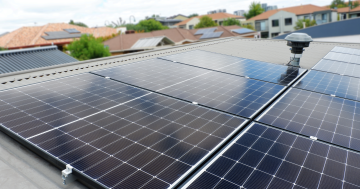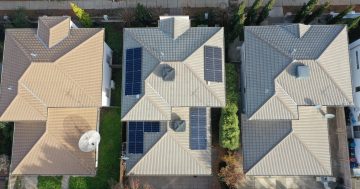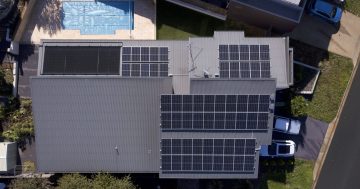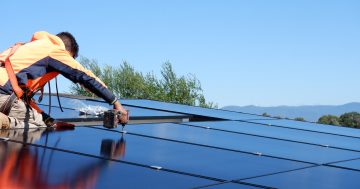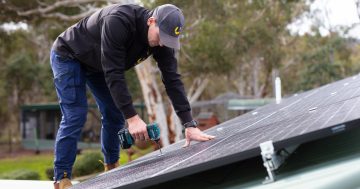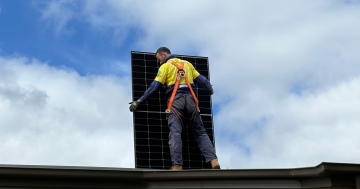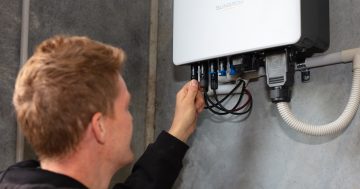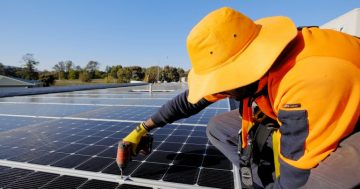Hi all,
Inspected a rental property recently and became aware during the inspection that the property had a solar panel.
Although the lessor stated that he had been disappointed overall with the investment (something about failing to get the promised amount of kWs), he said that having them still resulted in a ~30% reduction in electricity bills.
I’m happy to admit that I am totally out of depth on this one, but would request the counsel of the community (I note theres been a lot of banter about feed-in tariffs on the RiotAct previously).
Can one expect a 30% reduction in electricity bills?
Thanks.
If you’re looking for more information on installing solar panels, check out our recently updated article on the best solar panel installers in Canberra.












